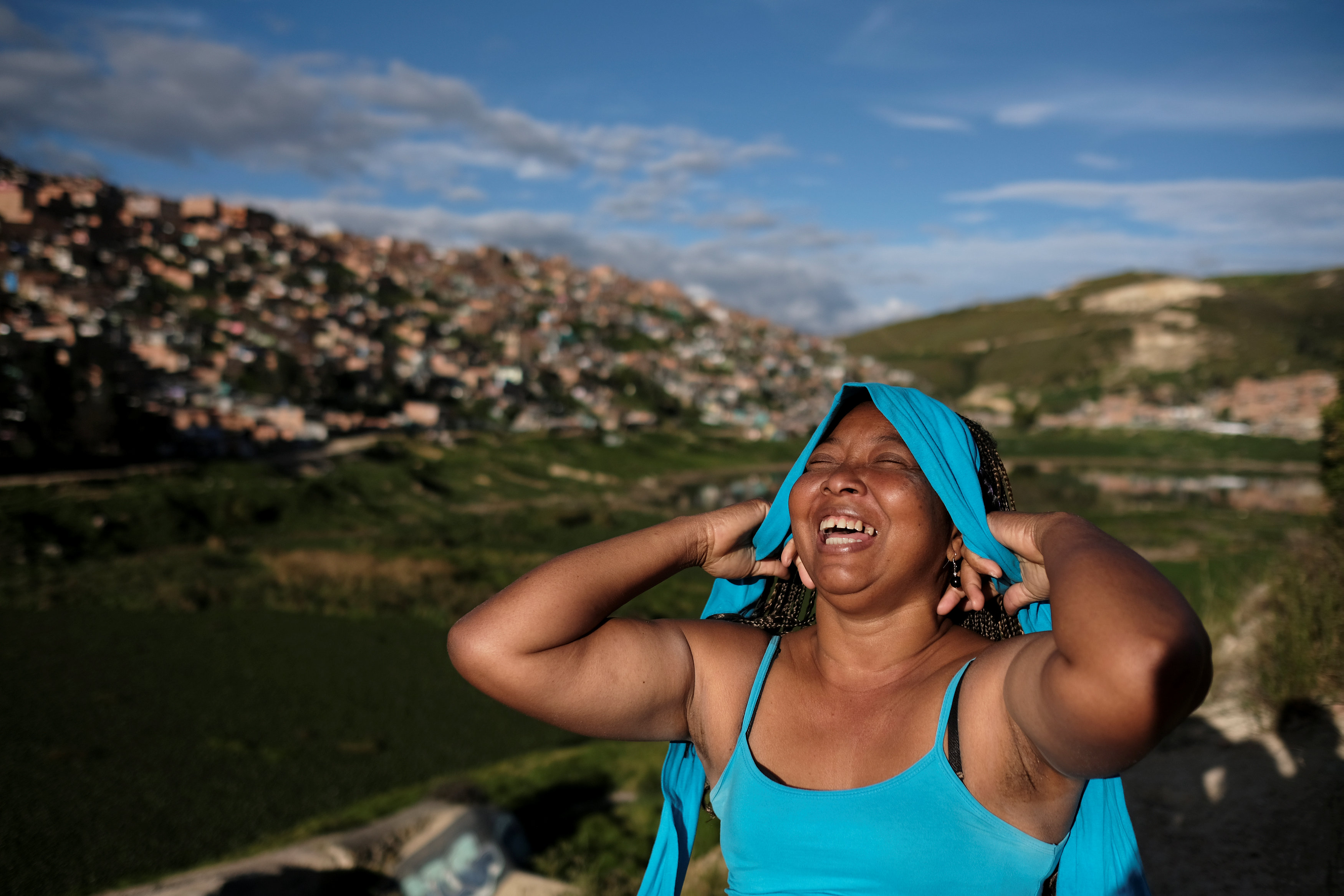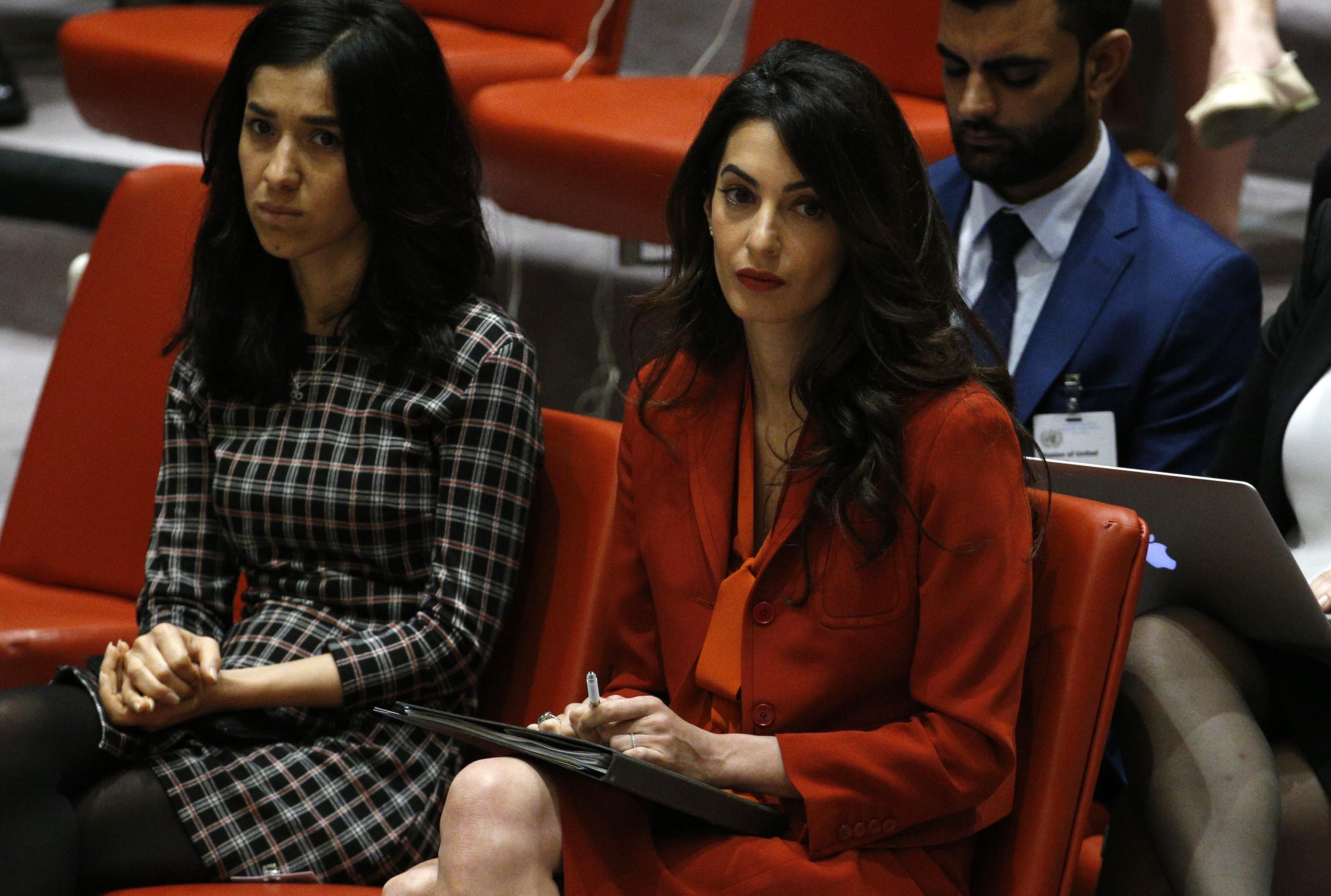
By Brad Brooks
(Reuters) – Chicago and three other cities on Wednesday sued the Bureau of Alcohol, Tobacco, Firearms and Explosives (ATF), demanding it correct how it interprets what is a firearm and halt the sale of untraceable “ghost gun” kits increasingly used in crimes.
The lawsuit is the first of its kind filed against the ATF, according to lawyers for the cities of Chicago, San Jose, Columbia, South Carolina, and Syracuse, New York. It was filed in the Southern District of New York state.
So-called “ghost gun” or “80% gun” kits are self-assembled from parts purchased online or at gun shows. The parts that are assembled are not classified as a firearm by the ATF. For that reason they can be legally sold with no background checks and without serial numbers to identify the finished product.
The lawsuit argues the ATF and the Department of Justice “refuse to apply the clear terms of the Gun Control Act” which the suit says defines regulated firearms as not only working weapons “but also their core building blocks – frames for pistols, and receivers for long guns.”
The ATF says on its website that receivers in which the fire-control cavities are solid “have not reached the ‘stage of manufacture’ which would result in the classification of a firearm.”
The ATF said in an emailed statement that its “regulatory and enforcement functions are focused and clearly defined by laws.” The bureau emphasized that it investigates criminal possession and other criminal use of privately made firearms.
Everytown for Gun Safety, an advocacy group that is a plaintiff in the lawsuit along with the cities, argues that until about 2006, the ATF did require unfinished components that clearly were going to be used to make guns to carry a serial number and anyone buying them undergo a background check.
“The ATF used to interpret the Gun Control Act the right way – they would look at how quickly a frame or receiver could be converted into an operable weapon,” said Eric Tirschwell, managing director for the litigation arm of Everytown. “If it was pretty quickly, they would say ‘yeah, that’s a firearm.'”
TECHNOLOGY TROUBLES
It’s unknown how many ghost guns are in circulation, but law enforcement agencies are unanimous in saying numbers are undeniably growing. Police in Washington D.C. last year recovered over 100 ghost guns – a 342% increase over 2018. They are already on pace this year to double the number found.
The ATF has said upward of 30% of the illegal weapons it has confiscated in some areas of California are ghost guns.
Chicago Mayor Lori Lightfoot, whose city has been beset by gun violence, demanded the ATF close the ghost gun loophole and regulate the sale of gun parts that are marketed to easily be used to build guns.
“Individuals with dangerous histories shouldn’t be able to order lethal weapons on the internet with a few quick clicks,” Lightfoot said.
But Rick Vasquez, a Virginia-based firearms consultant and former ATF technical expert who evaluated guns and gun products to help the bureau determine if they were legal, said anyone wanting to address the proliferation of kit guns should pass new laws in Congress.
The continued rapid advancement of tools and technology widely available to the public meant it was getting to the point where even rudimentary “chunks of metal” can be turned into firearms, Vasquez said.
“How do you regulate that? The ATF can’t do it. This situation is uncontrollable because of technology, and I’m not sure what anyone can do about it.”
(Reporting by Brad Brooks in Lubbock, Texas; Editing by Lincoln Feast.)














